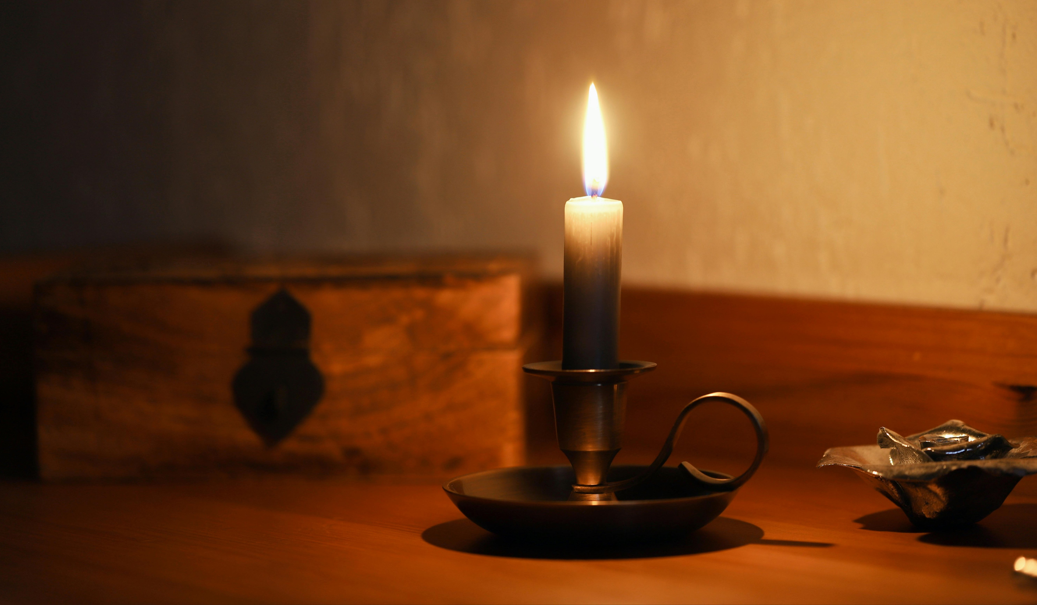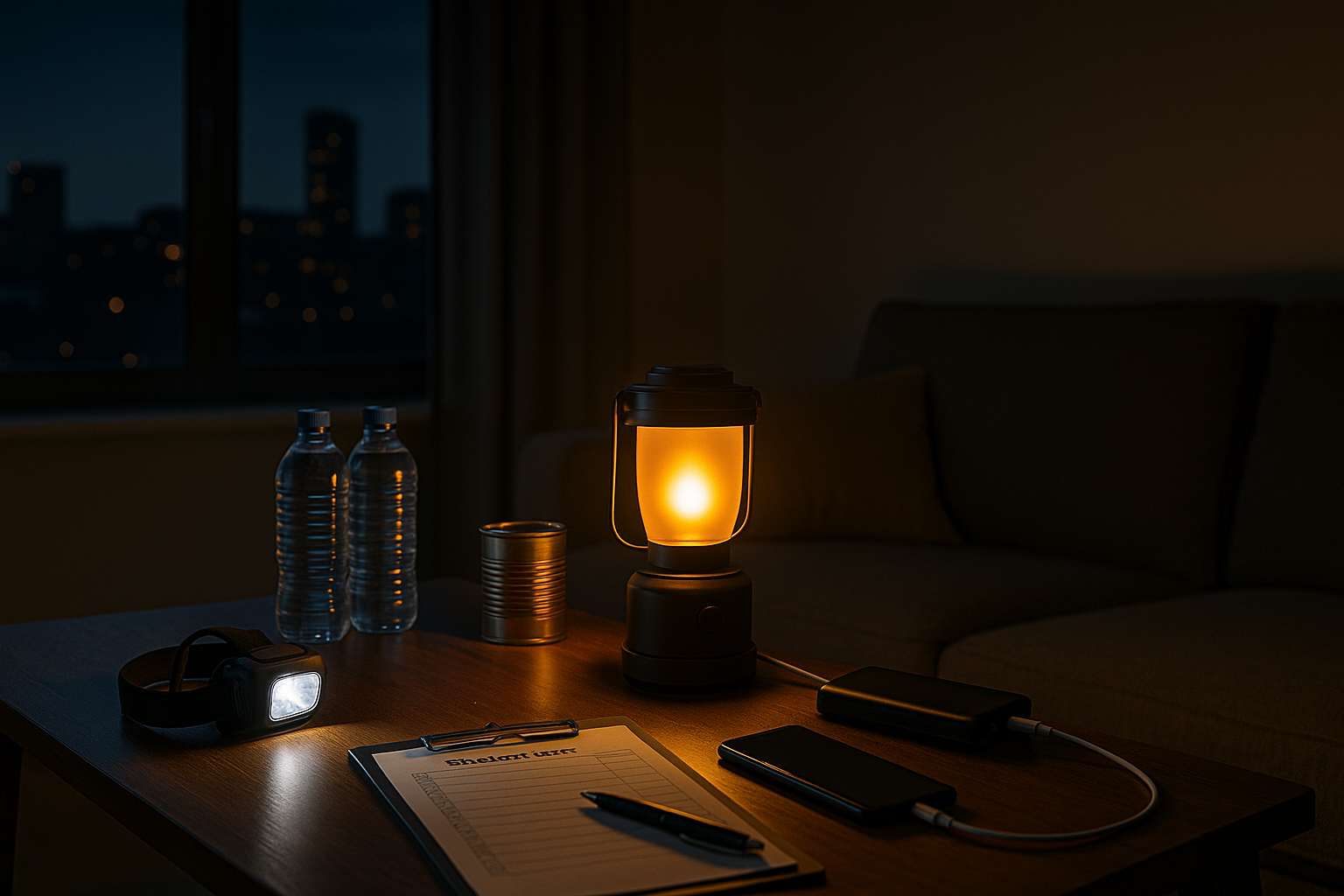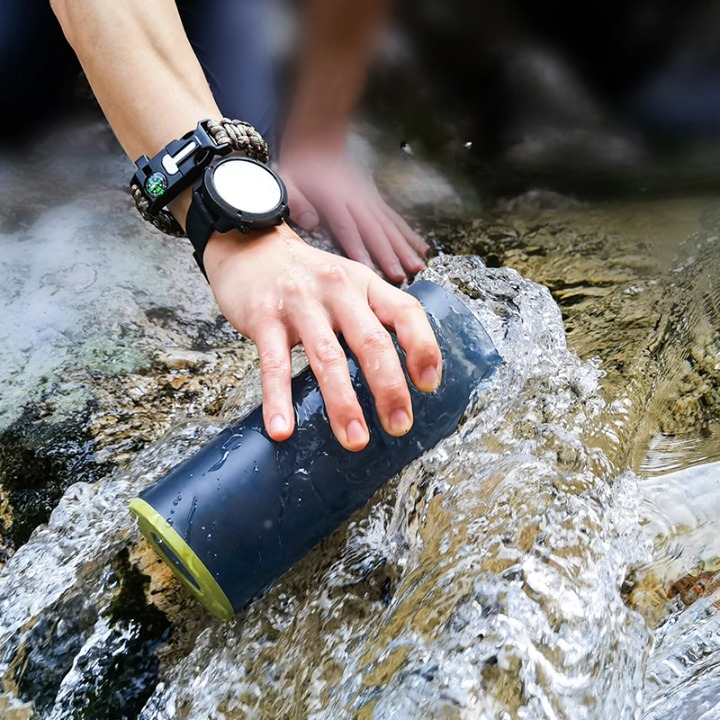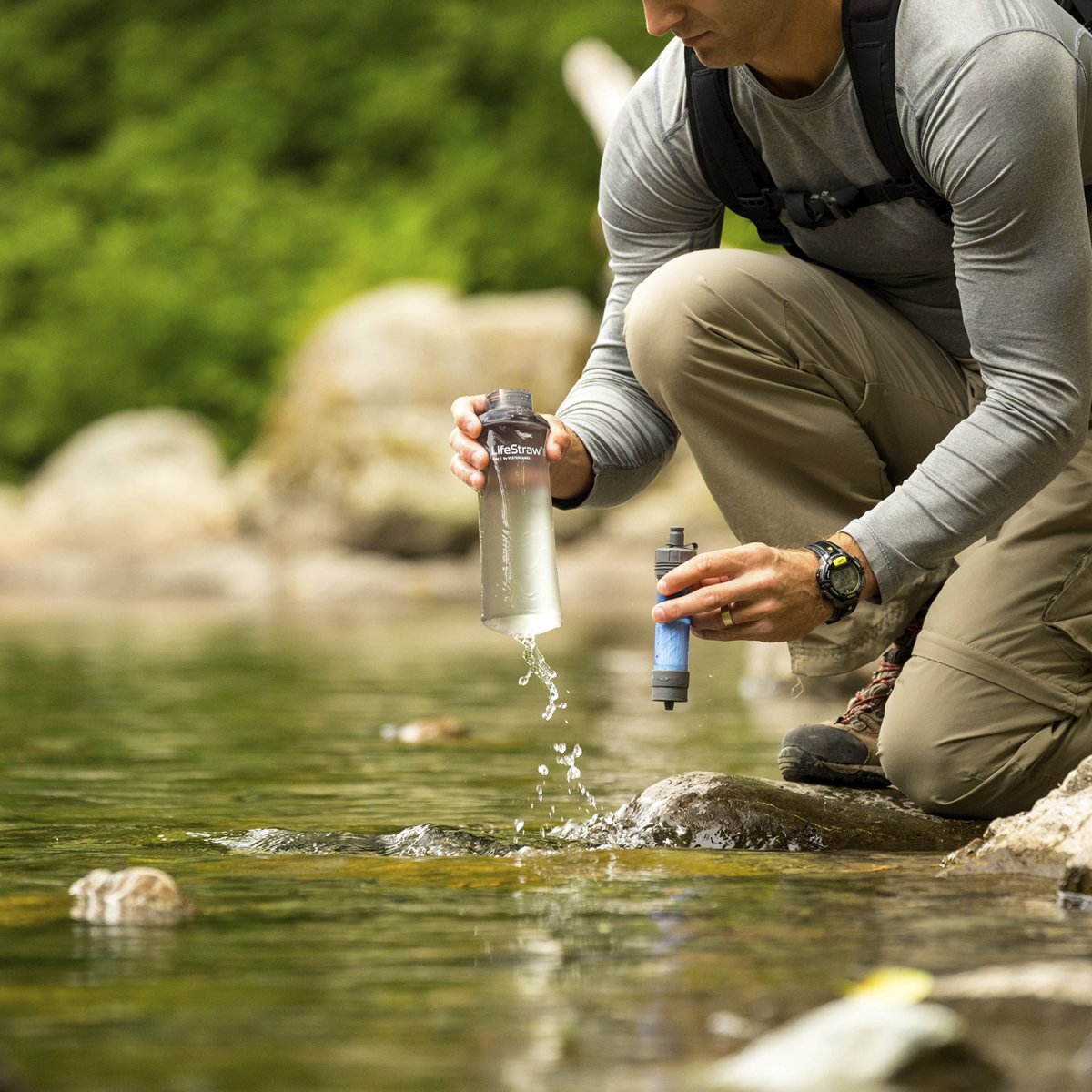A 72-hour power outage can bring unexpected and challenging situations. Here are some common consequences and why you should prepare for them:
1. No access to clean drinking water
Many homes rely on electric pumps for their water supply. Without power, these pumps can fail, meaning you have no access to clean drinking water. Clean drinking water is essential to prevent dehydration and maintain basic hygiene.
Preparation:
- Stock: Keep at least 3 liters of water per person per day. This ensures that you have enough water for drinking, cooking and basic hygiene.
- Purification: Invest in a water filter or purification tablets. If you don’t have access to bottled water, this will allow you to safely drink water from natural sources.
2. Food spoilage
Without power, refrigerators and freezers will not work, causing food to spoil quickly. This can lead to food poisoning and the loss of valuable food supplies.
Preparation:
- Shelf Life: Choose canned foods, dried nuts, and freeze-dried meals that have a long shelf life and do not require refrigeration.
- Cooking Equipment: Use a portable gas burner or camp stove to cook food. This allows you to cook hot food, which is important for both physical and mental health.
3. Heat and Cooling
Extreme temperatures can pose a risk to your health. Without power, heating and cooling systems are inoperable, leading to hypothermia in the winter and overheating in the summer.
Preparation:
- Sleeping Bags and Blankets: Bring warm clothes and sleeping bags to keep you warm on cold nights.
- Emergency shelter: Use an emergency tent or tarp for protection from the elements. This can be essential if your home is no longer safe or comfortable.
4. Loss of Communication
Modern communication tools such as mobile phones and the internet depend on electricity. Without the ability to charge or connect devices, people can become isolated and miss out on essential updates.
Preparation:
- Chargers: Keep power banks charged and use solar chargers to power your devices.
- Radio A wind-up or solar-powered radio can keep you informed of important updates and news.
5. Limited Lighting
Without electric lighting, it becomes more difficult to navigate the home at night, which can lead to accidents and injuries.
Preparation:
- Flashlights and Candles: Keep plenty of flashlights, lanterns, and candles on hand, as well as extra batteries. Flashlights are essential for getting around safely in the dark.
Extra Tips
- Create an Emergency Plan: Discuss with your family what to do in the event of a power outage. Having a clear plan can reduce stress and ensure that everyone knows what to do.
- Documents and Money: Keep important documents and cash in a safe place. In emergencies, digital payment systems may be unusable.
- First Aid Kit: A comprehensive first aid kit can be a lifesaver. Make sure you know how to use it and check the contents regularly.
By making these preparations and having the right gear on hand, you can better survive the first 72 hours without power and minimize the impact on your daily life. Check out our range of survival and adventure gear to best prepare yourself for emergencies.







Share:
Adventure Destinations
72 Hours Without Water: How to Survive and What to Do